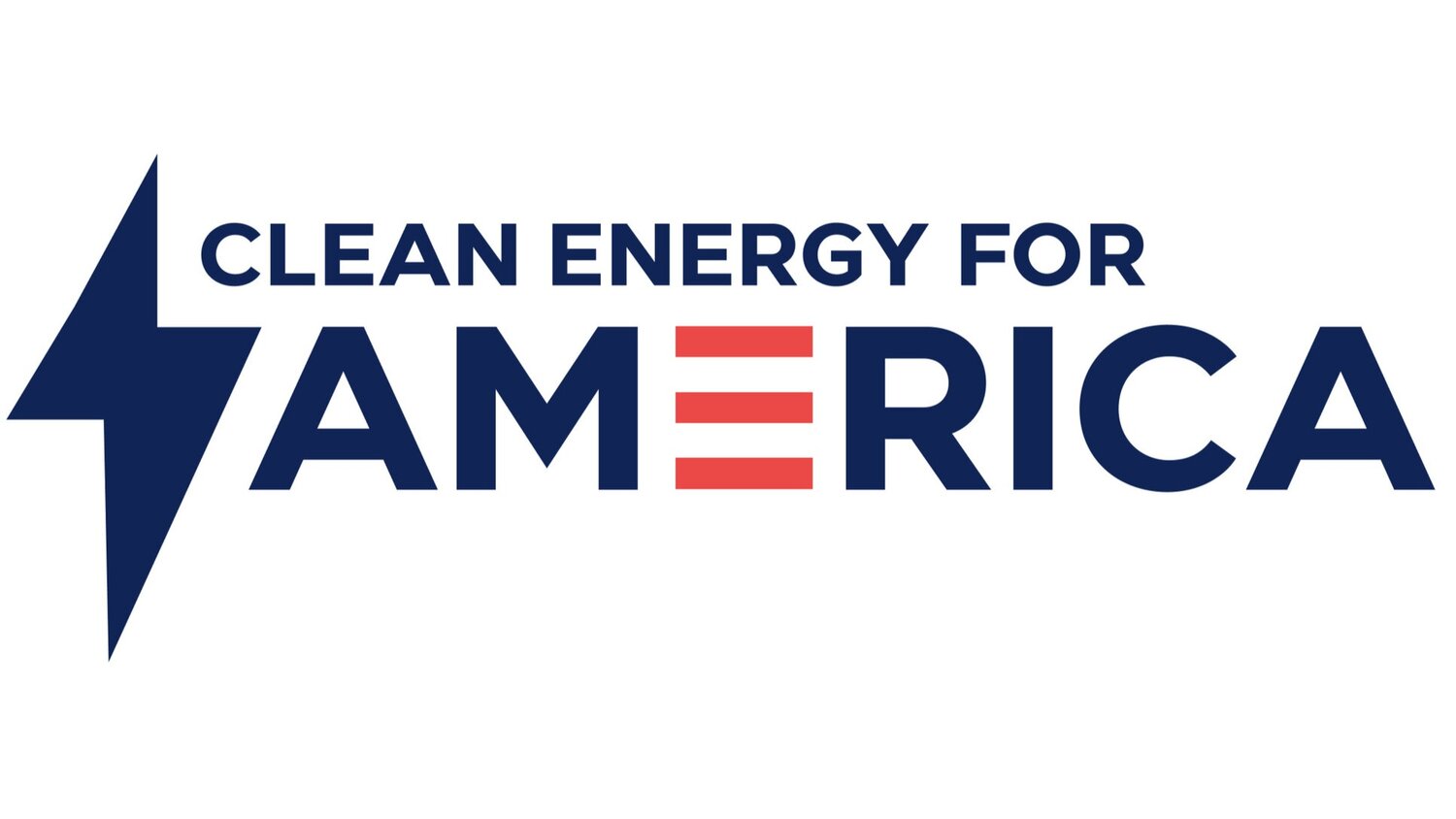Letter: Veterans Tell Congress, “Clean Energy Security, Not Oil Handouts.”
The Honorable Jack Reed
Chairman
Senate Committee on Armed Services
United States Senate
Washington, DC 20510
The Honorable Mike Johnson
Speaker
United States House of Representatives Washington, DC 20515
The Honorable Hakeem Jeffries
Minority Leader
United States House of Representatives Washington, DC 20515
The Honorable Roger Wicker
Ranking Member Senate Committee on Armed Services
United States Senate
Washington, DC 20510
The Honorable Chuck Schumer
Majority Leader
United States Senate
Washington, DC 20510
The Honorable Mitch McConnell
Minority Leader
United States Senate
Washington, DC 20510
Dear Chairman Reed, Ranking Member Wicker, Speaker Johnson, Majority Leader Schumer and Minority Leaders Jeffries and McConnell:
As clean energy professionals who served in the U.S. military, we urge you to defend real energy independence in this year’s National Defense Authorization Act (NDAA) bill. Don’t use this legislation to deepen our country’s dependence on oil and gas nor to endanger U.S. clean energy jobs, manufacturing and consumer savings. Neither actions will keep America safe, secure, or resilient. They’ll only serve to please fossil fuel executives.
We count ourselves among the growing coalition of veterans who now work in renewables. In fact, veterans make up about 10% of the domestic clean energy workforce. We’re helping the U.S. win the transition to solar, wind, EVs, energy efficiency and the like.
We know national security, and we know American energy. And so, we know the NDAA can set a foundation for U.S. national security, but only by reducing U.S dependence on foreign-priced oil and gas. Dependence on oil and gas is very dangerous for our men and women in uniform. Fuel convoys are frequent targets for attacks. Estimates published by the U.S. Army and others have found “[d]uring operations in Afghanistan, one in every 24 fuel convoys suffered casualties.”
Even beyond the battlefield, U.S. national security demands that America reduces its dependence on oil and gas. Foreign markets control the prices. Foreign adversaries can manipulate them further. As a nation, we can’t afford to keep our economy tied to volatile, polluting energy sources.
Real energy independence is only possible by investing in cheaper, cleaner renewable energy.
And yet, under the guise of restoring “the focus of our military on lethality,” the House version of the 2025 NDAA bill seeks to double down on fossil fuels, with measures like the pilot program to install propane generators on certain U.S. bases.
Instead of handouts to oil and gas lobbyists, we need real energy security powered by resilient clean energy technologies that can more fully make us safer and more energy independent.
The military benefits of clean energy are numerous: Electric transport vehicles are far quieter than gas-powered ones, meaning troops can travel more quietly and safely Microgrids can keep bases powered even if they’re cut off from the grid or supply lines. Next generation geothermal can mean bases don’t need to be plugged into the grid at all.
In other words, truly secure energy is only possible by investing in cheaper, cleaner renewable energy. So, we urge you to avoid and oppose any language that undermines climate measures or U.S. clean energy actions, whether from the private market, the Biden administration, the White House, or the congressional laws such as the Inflation Reduction Act, the Infrastructure Investment and Jobs Act or the CHIPS and Science Act.
We served to defend U.S. national security, and we joined clean energy to do the same. We need real energy security powered by resilient clean energy technologies not diverted thru handouts to fossil fuel executives.
Sincerely,
Dave Belote
Joshua Bice
Stephen Bravo
Jared Cherni
Eric Davids
Adam Tanner Despang
Kevin Doffing
Gunnar Doyle
Ryan Edwards
Quamid Francis
Kevin Johnson
Roger Knudsoon
Joseph Kopser
Nat Kreamer
Robert Lehmann
Don Martinez
Nicholas Martocci
Dennis McGinn
Sean A. McNevin
Jesse Medlong
Michelle Nicholson
Daniel Petcovic
William Friedl
Anthony Frisone
Dennis Garrett
Eric Goodwin
Kyle Brian Gracey
Timothy Hade
Patricia Sue Hine
William James Holcomb
Julie S. Jacobson
Jacob Jablonski
Jon Powers
Paul Rieckhoff
Josh Rogers
Samantha Sawmilller
Basil Seggos
Norman Seip
Eric Smith
John M Tracey
Evan Weaver
Jake Wyatt
Alexander Yachanin
Ivan Zamarripa
